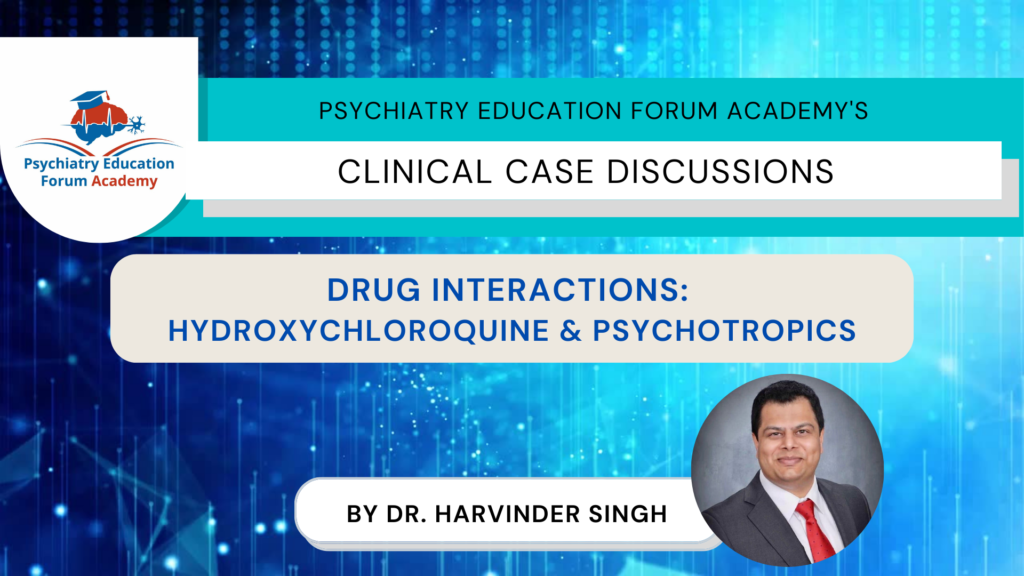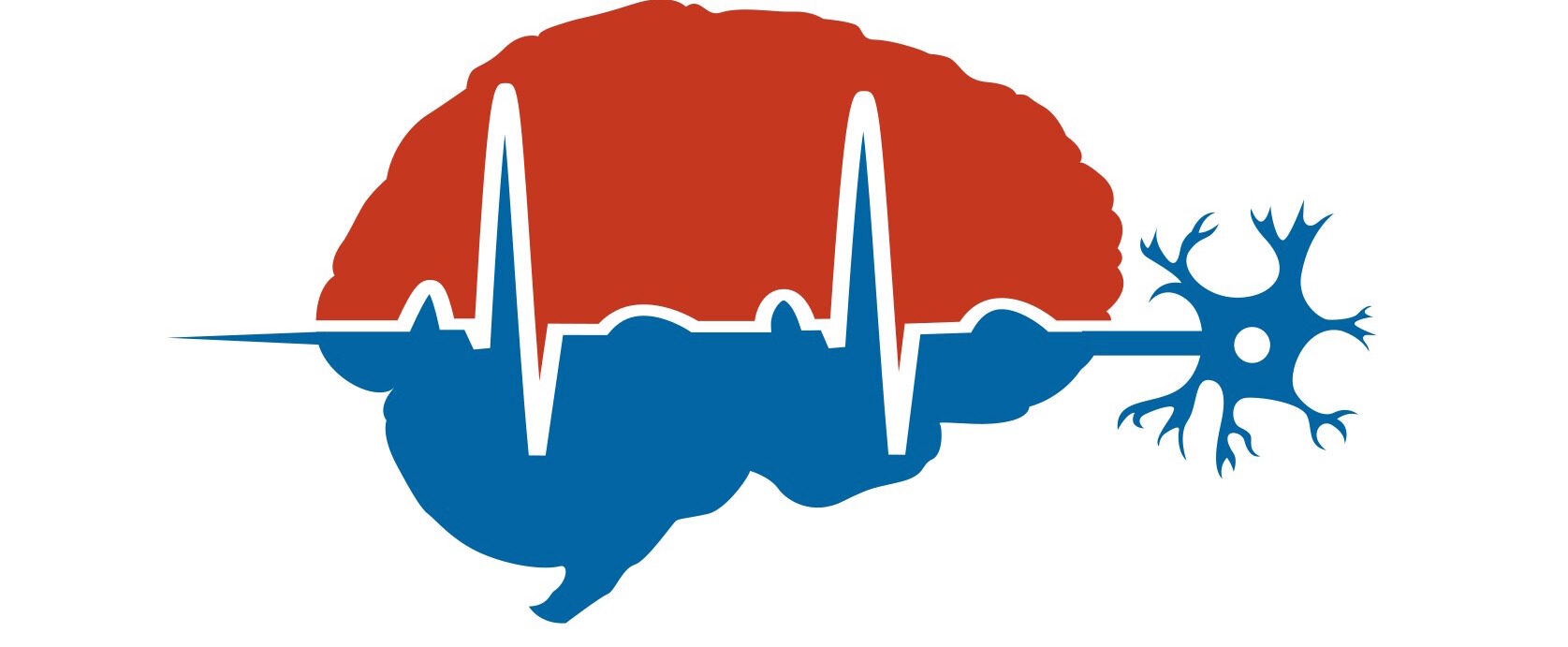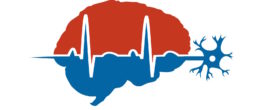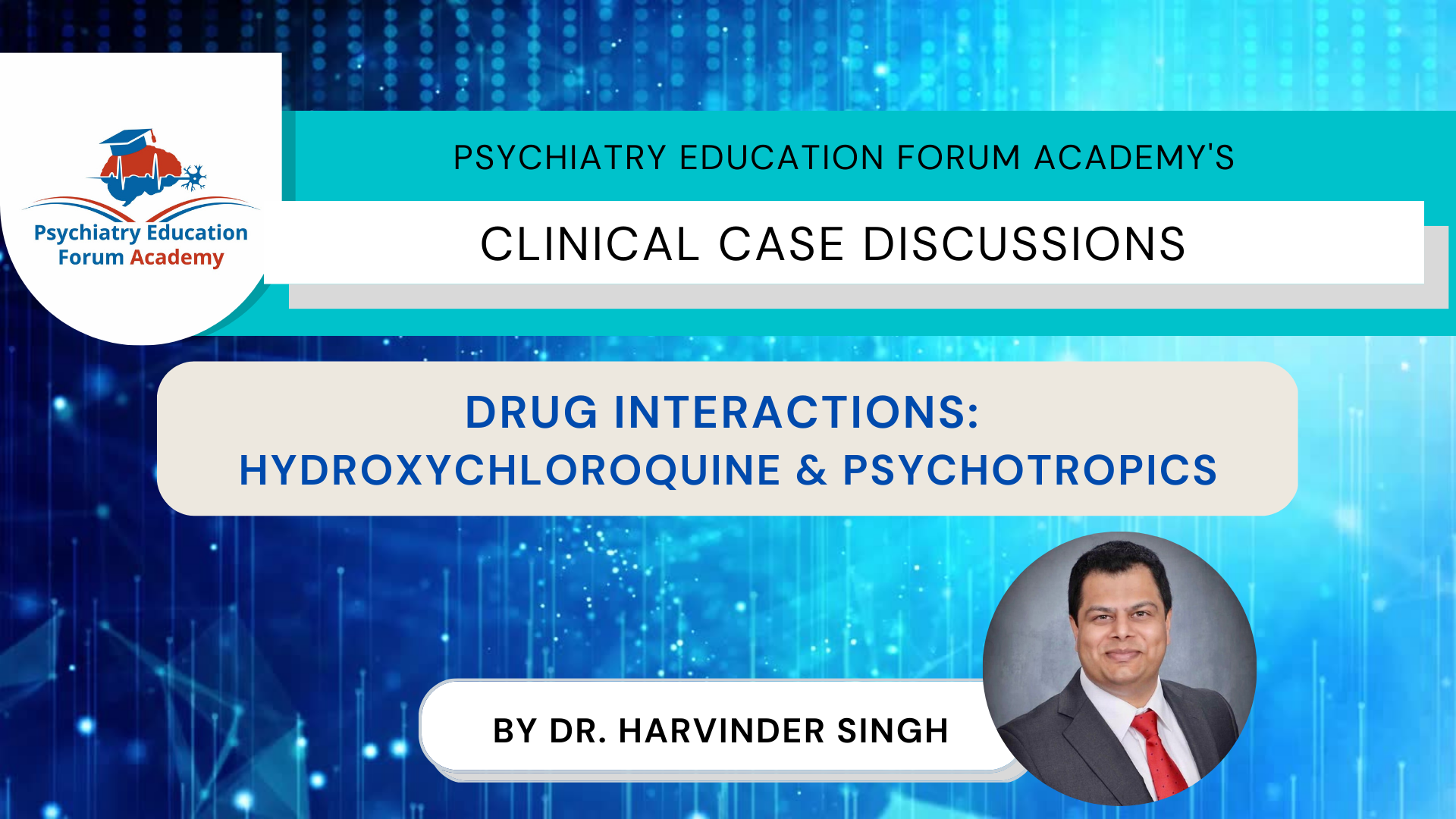Navigating the Complex Terrain of Drug Interactions: Hydroxychloroquine & Psychiatric Medications

In the realm of modern medicine, managing drug interactions is crucial for ensuring patient safety and efficacy of treatments. Among these interactions, those between hydroxychloroquine (HCQ) and psychiatric medications present unique challenges and considerations. As hydroxychloroquine is used for conditions like rheumatoid arthritis, lupus, and malaria prevention, understanding its interactions with psychiatric drugs is essential for clinicians and patients alike.
Overview of Hydroxychloroquine
Hydroxychloroquine is an antimalarial medication with immunomodulatory effects, widely used for autoimmune diseases. Its mechanism involves reducing inflammation and modifying the immune response. Despite its therapeutic benefits, HCQ is not without side effects, including retinal toxicity, cardiovascular effects, and potential psychiatric impacts such as mood swings and psychosis.
POTENTIAL INTERACTIONS
(1) Cardiotoxicity Risks:
- Both HCQ and some psychiatric medications (e.g., tricyclic antidepressants, antipsychotics) can prolong the QT interval, increasing the risk of a potentially fatal arrhythmia called torsades de pointes.
- Monitoring is essential when these drugs are co-prescribed.
(2) CNS Effects:
- HCQ can cause neuropsychiatric side effects like agitation, confusion, and hallucinations.
- When combined with other CNS-active drugs, these effects might be amplified. For example, combining HCQ with SSRIs or benzodiazepines may heighten sedation or agitation.
(3) Metabolic Interactions:
- HCQ is metabolized in the liver, predominantly by the cytochrome P450 system.
- Drugs that inhibit (e.g., fluoxetine) or induce (e.g., carbamazepine) these enzymes can alter HCQ levels, potentially reducing efficacy or increasing toxicity.
(4) Lithium Toxicity:
- Concurrent use of HCQ with lithium requires caution.
- HCQ may alter renal function, affecting lithium excretion and increasing the risk of lithium toxicity, characterized by tremors, confusion, and renal impairment.
MANAGING INTERACTIONS
(1) Monitoring and Dose Adjustments:
- Regular monitoring of ECG for QT interval prolongation, especially at the initiation of therapy and dosage changes, is critical.
- Therapeutic drug monitoring for drugs like lithium can prevent toxicity.
(2) Patient Education:
- Patients should be informed about potential signs of toxicity and interactions. Clear communication about the importance of adherence and reporting new symptoms can help in early detection of adverse effects.
(3) Alternative Medications:
- In cases where the interaction risk is high, considering alternative treatments with a lower interaction potential may be prudent. For instance, using SSRIs with a lower propensity for QT prolongation (e.g., sertraline) might be safer.
(4) Collaborative Care:
- Coordination between rheumatologists, psychiatrists, and primary care providers ensures comprehensive management of patients receiving HCQ and psychiatric medications. This team approach can facilitate timely interventions and adjustments.
Let’s answer this question:

Time's up
Answer: Escitalopram
- for the risk of QTc prolongation with a combination of escitalopram & hydroxychloroquine.
FOR ACADEMY MEMBERS:
We have discussed this topic in our academy’s clinical case discussion series:
Drug Interactions: Hydroxychloroquine & Psychotropics
This chapter will be summarized in the following sections:
- Clinical case discussion: patient on hydroxychloroquine with antidepressant & antipsychotic.
- Hydroxychloroquine: Metabolism & role of CYP450.
- Antidepressants & Hydroxychloroquine: (a) Preferred; (b) Cautions; (c) Avoid
- Antipsychotics & Hydroxychloroquine: (a) Preferred; (b) Cautions; (c) Avoid
Drug Interaction: Hydroxychloroquine & Psychotrpics
INTERESTED IN ACCESS TO THIS & OTHER CLINICALLY RELEVANT LECTURE SERIES?
JOIN ACADEMY MEMBERSHIP:
This is a closed membership for medical professionals only.
- 400+ Clinically Relevant Chapters: Each chapter within these sections is of direct clinical relevance for your daily practice. (Table of Content)
- Journal Club: we will post the most recently published psychiatry articles relevant to your daily clinical practice. (Read Content)
- Clinical Case Discussion: Dr. Singh (Psychiatry) and Dr. Kaur (Family Medicine) discuss clinical cases to integrate the clinical cases from Psychiatry and Medicine. (Read Content)
- Discussion Forum & Community: Connect with other medical professionals and discuss your difficult-to-treat clinical cases. (Academy Network)
- Goal: is to have all important clinically relevant topics in one place for ease of access.
DISCOUNTS AVAILABLE FOR: Residents & Students ONLY.
Email us your student information (program information and way to confirm your student status) to: [email protected]
© 2026 All Rights Reserved.








